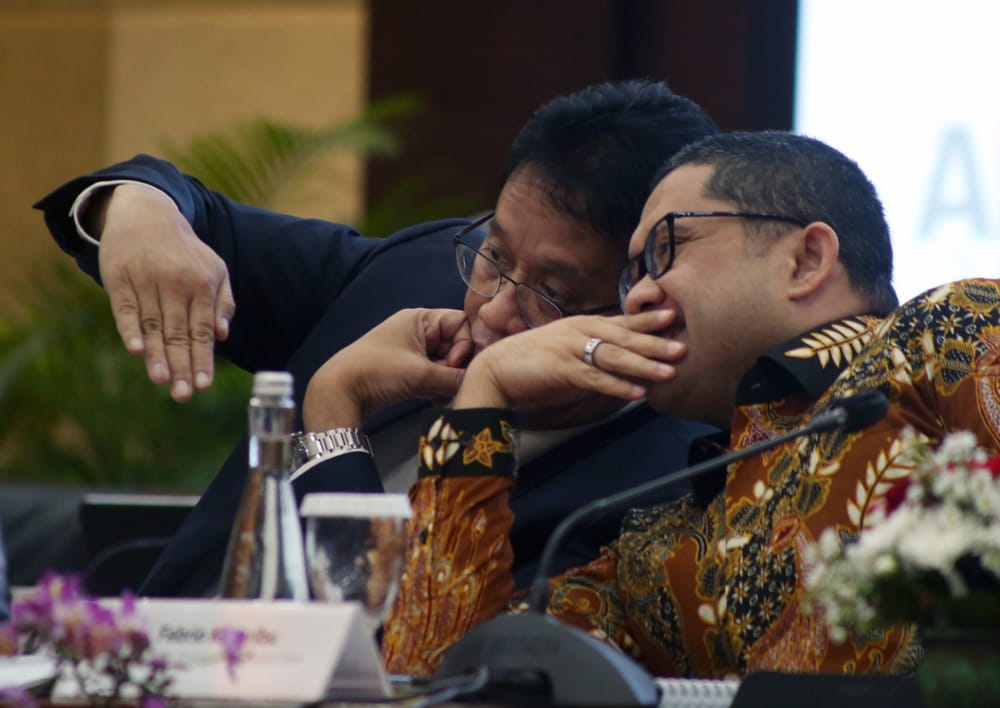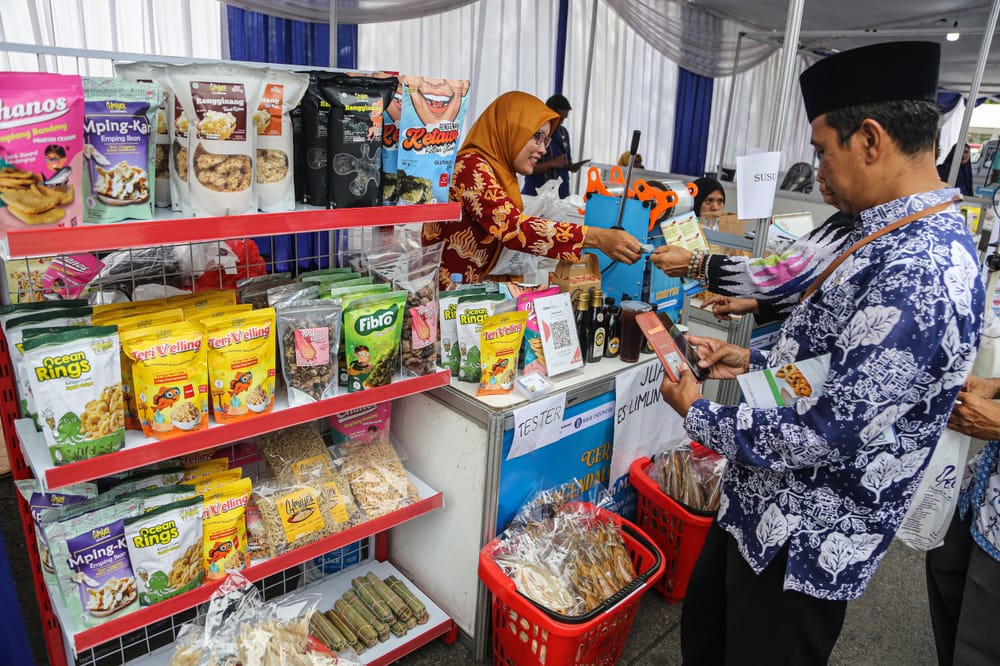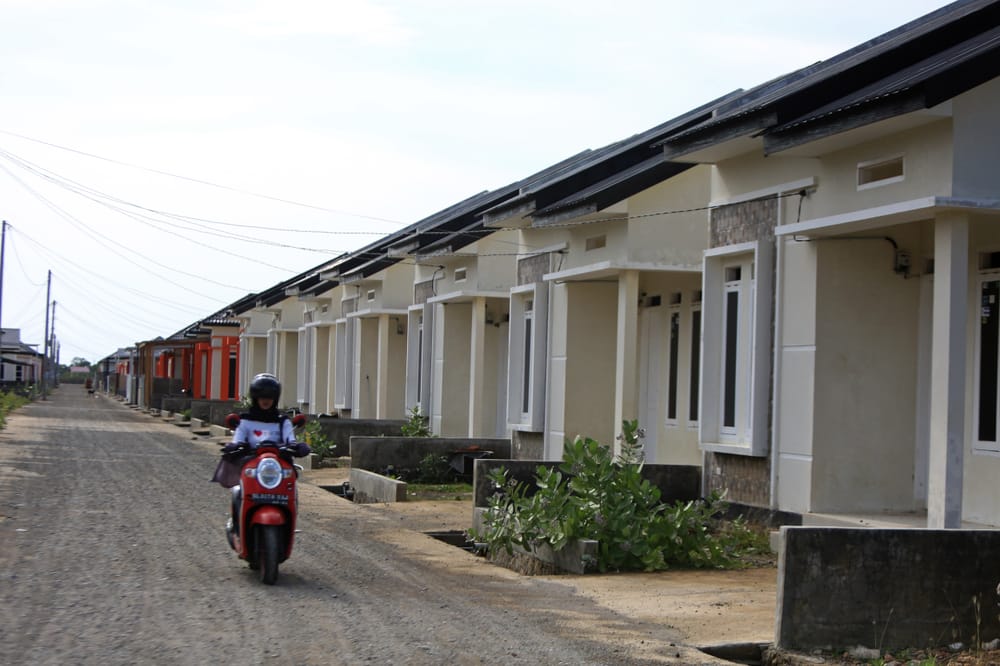The position of tax revenue to gross domestic product (GDP) or tax ratio in Indonesia is still low. This ratio needs to be continuously increased so that tax revenue can also soar.
As seen in the 2026 State Revenue and Expenditure Budget (APBN) Draft, the government has set a tax revenue target of IDR 2,357.7 trillion, or an increase of 13.5% compared to the 2025 tax revenue outlook of IDR 2,076.9 trillion.
Based on trends from previous years, tax revenue in Indonesia is unstable. Sometimes it meets the target, sometimes it decreases, which makes Indonesia's tax ratio always at its lowest point when compared to other countries.
Citing OECD data, in 2023 Indonesia's tax ratio reached 12%. This figure is still below other countries, such as Malaysia (13.1%), Singapore (13.7%), China (20.4%), South Korea (28.9%), and Japan (34.4%).
Deputy Director of the Institute for Development of Economics and Finance (Indef), Eko Listiyanto, said that an old strategy that the government must refine to boost taxes is to improve the tax database. Currently, the expansion of the tax database is not optimal due to the limited data held by the Directorate General of Taxes.
"To expand the tax database, the Directorate General of Taxes cannot work alone. It must cooperate with third parties, such as banking," Eko told SUAR in Jakarta (20/8/2025).
"To expand the tax database, the Directorate General of Taxes cannot work alone. It must cooperate with third parties, such as banking," said Eko.
He said that so far the government has only focused on setting tax targets, but has not improved the tax database. In the future, the tax base must be improved first, then set tax targets.
Another strategy to boost tax revenue is to improve the Coretax system. Since its launch in January 2025, this system has not been perfect and has received a lot of criticism.
The implementation of Coretax can run smoothly if it has received data updates from taxpayers.
"The Directorate General of Taxes must be concern about this Coretax system. The system must work. The necessary updates can include the address and type of business of the taxpayer," said Eko.
A new strategy that the Directorate General of Taxes can implement in the future so that the revenue target can be on track is to separate individual taxpayers (WP) who have a Taxpayer Identification Number (NPWP) and do not have an NPWP openly. Individual taxpayers who do not have an NPWP will be subject to a higher income tax rate than those who have an NPWP.
But, according to Eko, what is happening now is that the Directorate General of Taxes is still not transparent. There are incidents in the regions where an individual taxpayer receives a higher tax rate, even though they already have an NPWP.
Researcher at the Center for Strategic and International Studies (CSIS), Deni Friawan, said that the state revenue target is also considered ambitious. The government is targeting a 10% increase in revenue, mainly from taxes of 13%.
In fact, according to CSIS, the average tax increase so far has only been around 5%–6%. If the target is not achieved, the shortfall could potentially be covered through new debt – which would only exacerbate fiscal pressure.
"Only 17 million out of 155 million workers pay taxes. Our tax base is still very narrow, making it difficult to force an increase in revenue in a short time," said Deni.

Executive Director of the Indonesian Employers' Association (Apindo), Danang Girindrawardana, said that the government needs to provide tax policies that are acceptable to the business world, such as providing tax relaxation to priority sectors that have made a large contribution to state revenue.
"The government must sort out which sectors can be given tax relaxation and can discuss with the business world," he told SUAR in Jakarta (20/8).
National economic performance
Minister of Finance Sri Mulyani Indrawati said that the tax revenue target of Rp 2,357.7 trillion in the 2026 RAPBN (Draft State Budget) already takes into account the projected improvement in national economic performance, tax sustainability, challenges and potential.
The value of Rp 2,357.7 trillion includes the income tax (PPh) revenue target of Rp 1,209.4 trillion, which is up 15% compared to last year. Then, value-added tax (VAT) and sales tax on luxury goods (PPnBM) is Rp 995.3 trillion, up 11.7% from last year.
The 2026 target for land and building tax (PBB) revenue is Rp 26.1 trillion, down 13.1%. Meanwhile, other taxes are targeted at Rp 126.9 trillion. In addition, the government is also targeting customs and excise revenue to reach Rp 334.3 trillion next year.
To achieve the target for customs and excise revenue, the government is preparing a number of steps. First, encouraging policies related to tobacco products and the extensification of excisable goods.
In addition, secondly, the government will also intensify import duties on international trade, making export duty policies to support product downstreaming. Lastly, the government will also enforce the law and eradicate the circulation of illegal excisable goods and smuggling.







